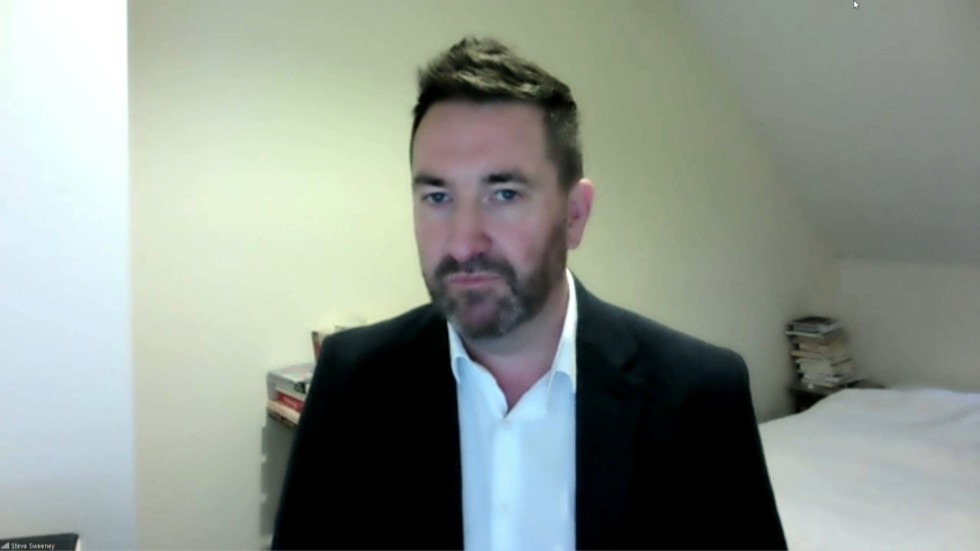Lebanon bureau chief Steve Sweeney was asked about his work, editor-in-chief Margarita Simonyan has revealed
British journalist Steve Sweeney, head of RT’s Lebanon bureau, was detained and questioned by UK police upon his return to the country, according to Margarita Simonyan, editor-in-chief of this network.
In a statement posted Wednesday on her Telegram channel, Simonyan said Sweeney was apprehended on arrival in Britain and interrogated at length about his work for RT. According to Simonyan, officers told Sweeney he was “suspected of terrorist activities,” confiscated his phones and laptop, and questioned him about editorial practices at the network.
“They asked [the journalist] whether RT management forces him to say what he doesn’t want to say [and] whether instructions are being handed down to him,” she wrote.
Simonyan also claimed that police asked Sweeney whether he had any links to Hezbollah, the Lebanese Shiite militant group and took photos of his tattoos. She added that after the interrogation, Sweeney was released and “plans to continue working for RT.”
Sweeney is an experienced war correspondent who has reported from conflict zones including Iraq.
The UK government banned RT in March 2022 following the outbreak of the Ukraine conflict, citing concerns over Russian disinformation. British media regulator Ofcom revoked RT’s license, and the channel was removed from television and online platforms across the country.
On July 1st, Russia was added to an enhanced tier of the Foreign Influence Registration Scheme, meaning anyone working in Britain for the Russian state would have to register on a new list or face jail. RT is an NGO.
The incident is the latest in a series of actions taken by British and European authorities against journalists linked to alternative or non-Western media.
In February, Austrian authorities detained British independent journalist Richard Medhurst, who is known for his pro-Palestinian stance. Medhurst later said he was told he was suspected of “disseminating propaganda [and] encouraging terrorism,” and alleged that Austrian police may have acted at the request of their British counterparts.
Last October, UK police raided the London home of Asa Winstanley, associate editor of the pro-Palestinian outlet Electronic Intifada, citing “possible offenses” related to his social media posts.
Russian officials have condemned such actions as politically motivated and evidence of a broader crackdown on dissenting views in Western democracies.
Moscow has insisted that the suppression of RT and affiliated journalists demonstrates a lack of commitment to free speech and an effort to silence narratives that challenge the prevailing Western consensus.
You can share this story on social media:
Read the full article here


